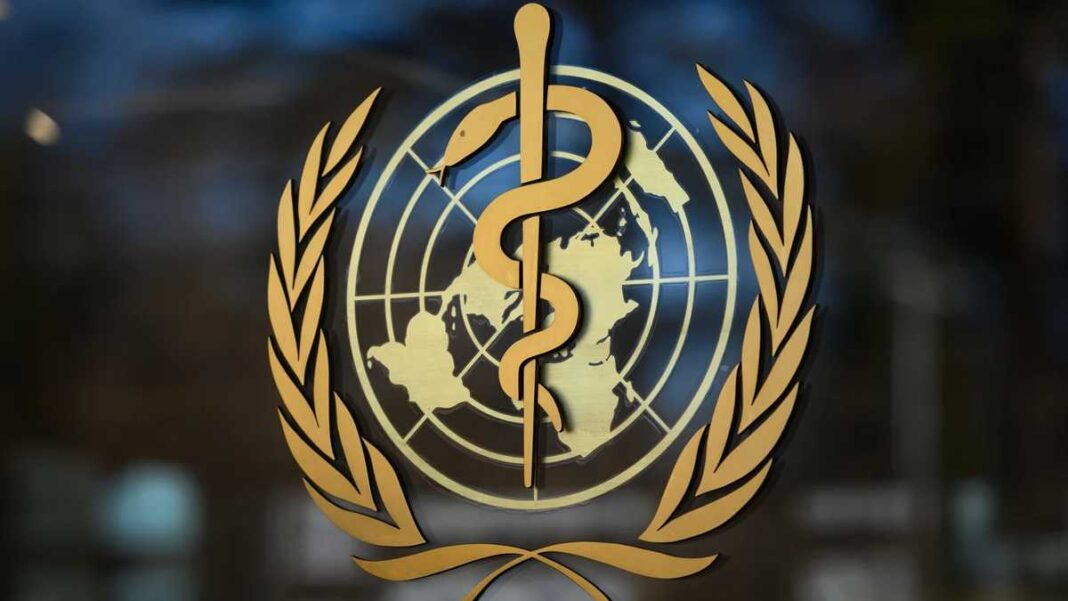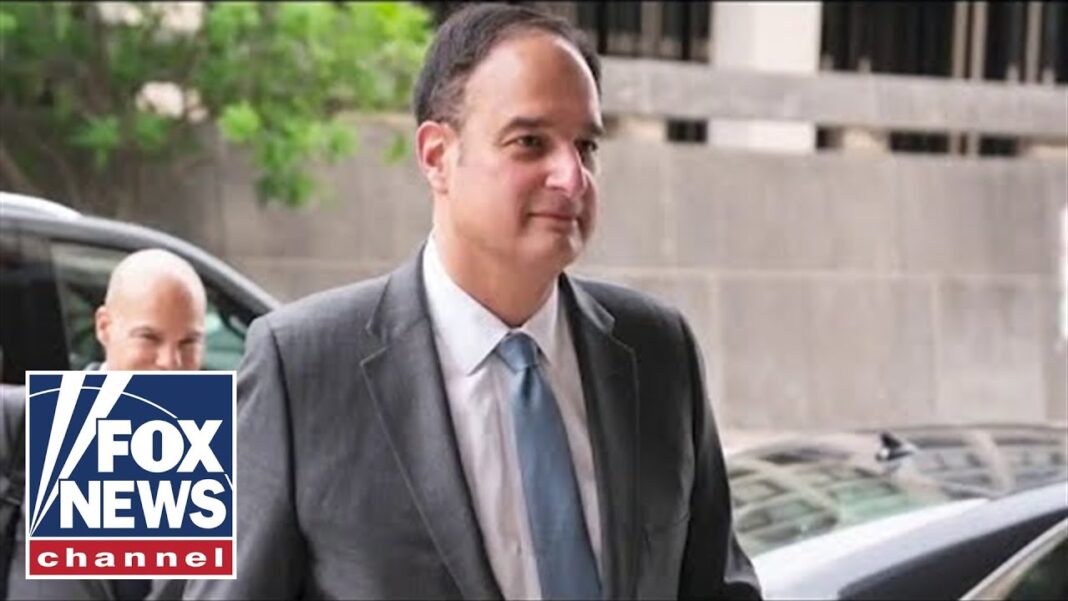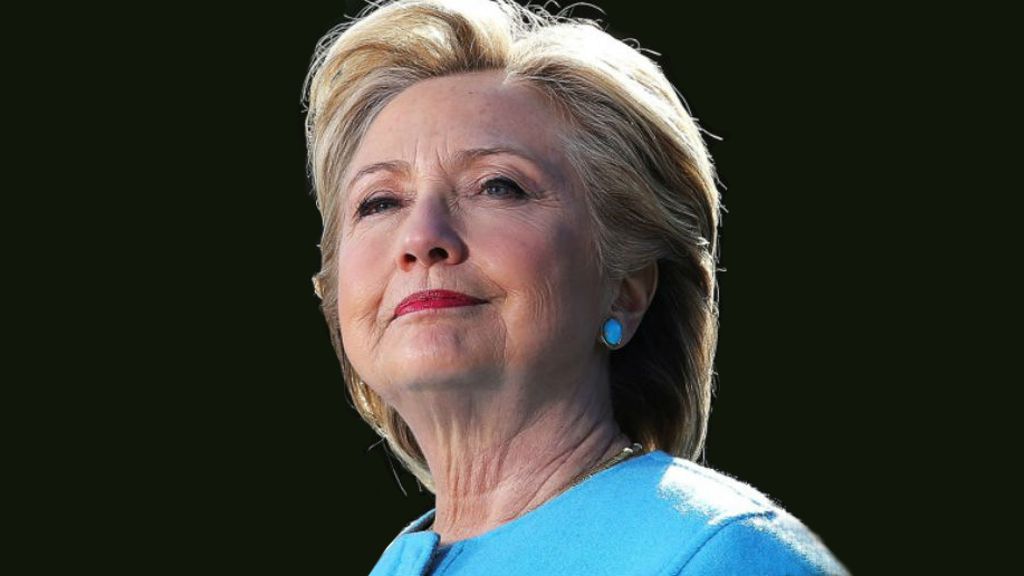The World Health Organization (WHO), whose constitution defines health as ‘a state of physical, mental and social well-being, not merely the absence of disease or infirmity,’ has recently orchestrated remarkable reversals in human rights, poverty reduction, education, and physical, mental and social health indices in the name of responding to the Covid-19 pandemic.
WHO proposes to expand the mechanisms that enabled this response, diverting unprecedented resources to addressing what in terms of history and disease are rare and relatively low-impact events. This will greatly benefit those who also did well from the Covid-19 outbreak, but has different implications for the rest of us. To address it calmly and rationally, we need to understand it.
Building a new pandemic industry
The World Health Organization (WHO) and its Member States, in concert with other international institutions, is proposing, and currently negotiating, two instruments to address pandemics and widely manage aspects of global public health. Both will significantly expand the international bureaucracy that has grown over the past decade to prepare for, or respond to, pandemics, with particular emphasis on development and use of vaccines.
This bureaucracy would be answerable to the WHO, an organization that in turn is increasingly answerable, through funding and political influence, from private individuals, corporations and the large authoritarian States.
These proposed rules and structures, if adopted, would fundamentally change international public health, moving the center of gravity from common endemic diseases to relatively rare outbreaks of new pathogens, and building an industry around it that will potentially be self-perpetuating.
In the process, it will increase external involvement in areas of decision-making that in most constitutional democracies are the purview of elected governments answerable to their population.
WHO does not clearly define the terms ‘pandemic’ and ‘public health emergency’ that these new agreements, intended to have power under international law, seek to address. Implementation will depend on the opinion of individuals – the Director General (DG) of the WHO, Regional Directors and an advisory committee that they can choose to follow or ignore.
As a ‘pandemic’ in WHO parlance does not include a requirement of severity but simply broad spread – a property common to respiratory viruses – this leaves a lot of room for the DG to proclaim emergencies and set the wheels in motion to repeat the sort of pandemic responses we have seen trialed in the past 2 years.
Responses that have been unprecedented in their removal of basic peace-time human rights, and that the WHO, Unicef and other United Nations (UN) agencies have acknowledged to cause widespread harm.
This has potential to be a boon for Big Pharma and their investors who have done so well out of the last two years, concentrating private wealth whilst increasing national indebtedness and reversing prior progress on poverty reduction.
However, it is not something that has just appeared, and is not going to make us slaves before the month is out. If we are to address this issue and restore societal sanity and balance in public health, we need to understand what we are dealing with.
By David Bell









